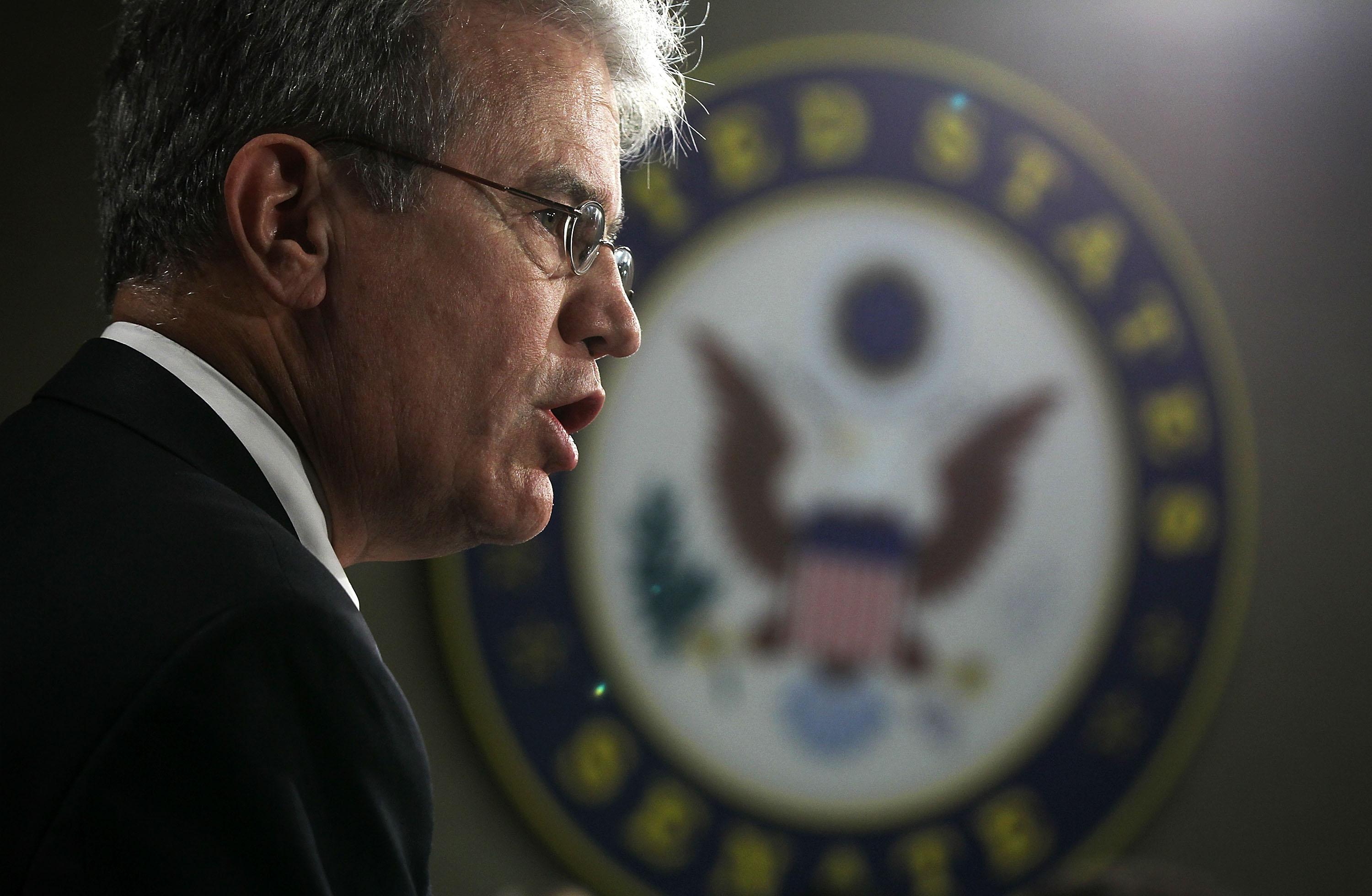Eight years ago, before he even contemplated a comeback bid that would put him in the U.S. Senate, former Congressman Tom Coburn penned a tell-all about the Republican revolution. Breach of Trust was, for a tell-all, fairly obscure, fairly slow-selling. (No bonus points for a foreward written by Bob Novak.) But it was ahead of its time. Its theme, that Republicans turned “into insiders” by giving up on fiscal conservatism, predated the Tea Party by half a decade. Its villain, Newt Gingrich, was a has-been. That’s no longer true.
You’re likely to see a lot of reporting lifting/using as inspiration the angry quotes from Coburn’s memoir. Here’s a bluffer’s guide.
- Gingrich was dismissive. “Gingrich talked a lot about the importance of listening,” writes Coburn, “but he was often not interested in discussing our ideas.” Coburn recalls some advice he gave the speaker about how to negotiate, drawing from his experience running a medical supplies company. “In response,” writes Coburn, “he offered one of his classic reactions to a freshman’s proposal: ‘Hmmmm.’”
- The failed 1994-1995 shutdown destroyed the speaker’s cred. “Before the government shutdown we thought Newt Gingrich was invincible,” writes Coburn. “After the shutdown, however, he was like a whipped dog who still barked, yet cowered, in Clinton’s presence.”
- Coburn explains how a pack of rebels defeated a 1997 rule that would have allowed an increase in committee budgets, to help Dan Burton’s oversight committee – knee-deep in the Clinton scandals – do its work. Gingrich, outraged, demands that the members speak up at a caucus meeting. “The eleven geniuses who thought they knew more than the rest of the Congress are going to come up and explain their votes,” he says. According to Coburn, the wiley rebels win over the conference with their speeches. “Gingrich’s vitriolic response to us bringing down the rule for the bill confirmed to us that he was willing to trade our principles for a short term political advantage over the Democrats,” writes Coburn.
- Gingrich was a liar: In 1996 convinced Transportation chairman Bud Schuster to hold a bill to make it easier to violate spending caps. “If your decisions are based on not losing a position,” writes Coburn, “you cannot effectively serve the best interests of the country.”
- When Gingrich resigned in 1998, he attacked some rebel Republicans as “cannibanals.” Coburn shook his head. “From the perspective of many members of the Class of 1994,” he writes, “it was Gingrich who had drained the lifeblood from the Republican revolution with some of his political decisions.”
